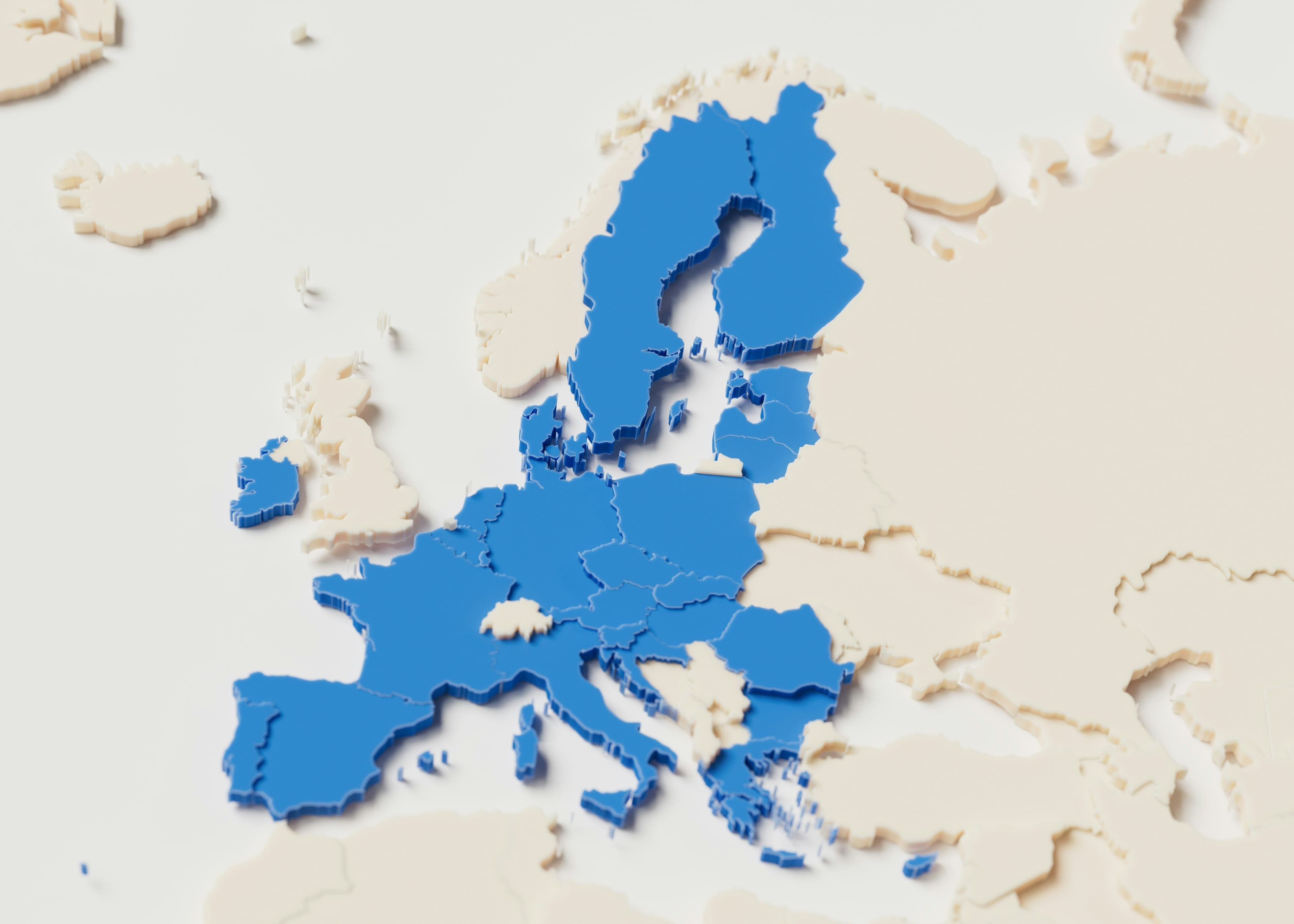GDP grew in 154 EU regions in 2023

Planet Volumes, Unsplash
According to Eurostat, in 2023, gross domestic product (GDP) increased in most regions of the European Union - 154 of them - while 85 regions experienced a decline. This indicates a heterogeneous economic recovery, depending on localised factors such as industrial production, tourism and investment flows.
The best performing region in terms of GDP growth was Malta, with 6.7 per cent growth. Other fast-growing regions include:
- North central region of Bulgaria (+5.8%)
- Balearic Islands (Spain) (+5.7%)
- Canary Islands (Spain) (+5.1%)
- Danish Capital Region (Hovedstaden) (+5.0%)
These regions are largely benefiting from tourism and a recovery in consumer demand.
Unlike in 2022, when the maximum decline in GDP was 3 per cent, some regions experienced much more severe losses in 2023. Among the most affected:
- Vorarlberg (Austria) (-14.1 per cent)
- Provence-Alpes-Côte d'Azur (France) (-12.9%)
- Groningen (Netherlands) (-11.1 per cent)
- Southern region of Ireland (-10.9 per cent)
- Northern Middle Sweden (-7.7 per cent)
The fall in GDP in these regions can be attributed to slower industrial growth, lower exports or fluctuations in the energy sector.
In terms of GDP per capita expressed in purchasing power standards (PPS), the leaders were:
- Eastern and Central Ireland - 244.7% of the EU average
- Luxembourg - 236.8 per cent
- Southern region of Ireland - 224.7 per cent
- Prague (Czech Republic) - 192.8 per cent
- Brussels-Capital Region (Belgium) - 190.6 per cent
The high performance of Luxembourg, Brussels and Prague is attributed to the presence of a significant number of cross-border workers and the headquarters of large multinational corporations.
The economic development of EU regions in 2023 is uneven: some regions are experiencing steady growth due to tourism and investments, while others face a deep decline linked to energy and industrial issues. Luxembourg remains one of the wealthiest regions in Europe, whereas the poorest regions are facing serious challenges.





